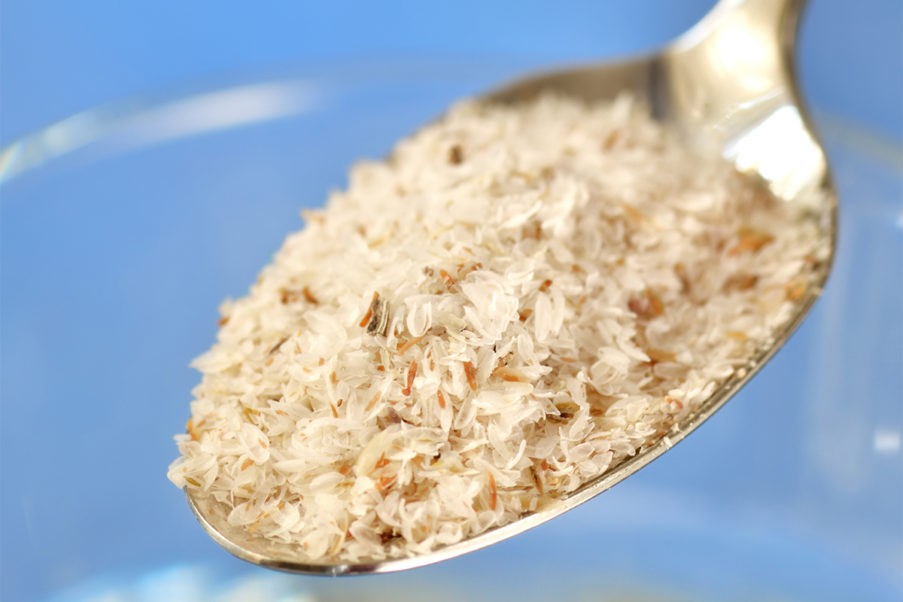The Great Egg Nutrition Debate
Study further scrambles the science on eating eggs.

Anyone else notice the conflicting science on egg nutrition and whether or not we should eat eggs for good health? Confusing matters further is recent research, published in PLOS Medicine, linking egg consumption and dietary cholesterol to a higher risk of death from all causes, including cardiovascular disease and cancer.
The study used a food frequency questionnaire to gauge egg consumption patterns in 521,120 U.S. adults and then evaluated how this intake related to mortality during 16 years of follow-up. Since egg white intake was not linked to higher death rates from disease, the researchers said it was the cholesterol found in eggs that likely accounted for a significant part of the higher mortality risks. But here’s why you need to take a closer look:
This study was observational, so it could not claim cause and effect. It also seemed to assume that egg intake patterns remained unchanged among subjects throughout the study period. What’s more, it was not possible to say if cholesterol from eggs was more or less harmful than cholesterol from other sources, like red meat. Perhaps a high intake of whole eggs and cholesterol is a marker of an overall unhealthy diet and lifestyle, meaning egg nutrition is not the sole mortality culprit.
This really means that the question of how many eggs you can eat without worry remains unanswered; recommendations vary based on individual risk factors, overall dietary patterns and which studies you look at.
See also: What Are the Most Nutritious Eggs?
Matthew Kadey, MS, RD
Matthew Kadey, MS, RD, is a James Beard Award–winning food journalist, dietitian and author of the cookbook Rocket Fuel: Power-Packed Food for Sport + Adventure (VeloPress 2016). He has written for dozens of magazines, including Runner’s World, Men’s Health, Shape, Men’s Fitness and Muscle and Fitness.




